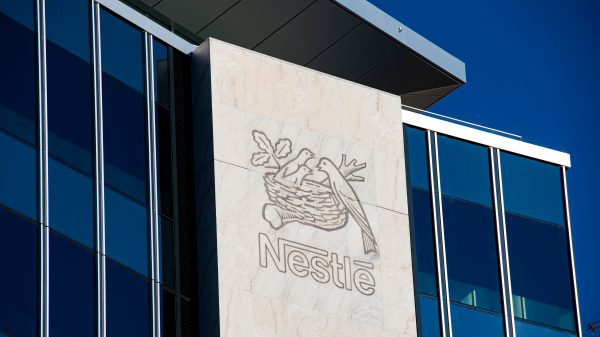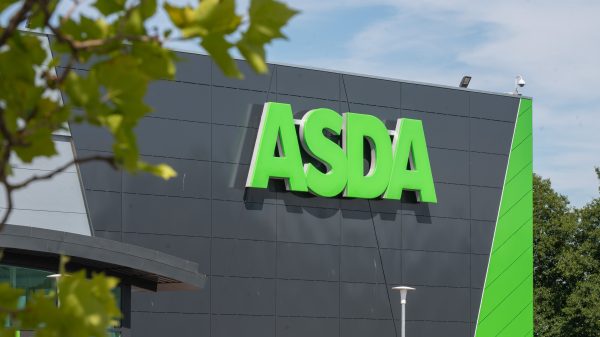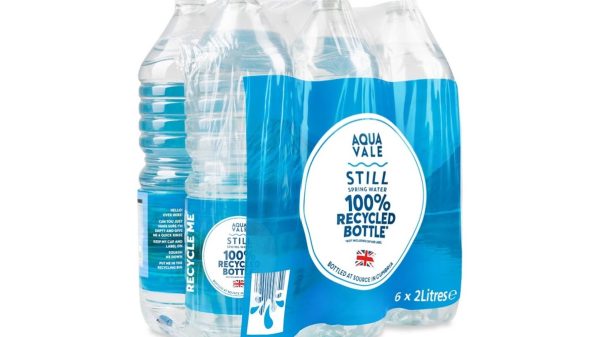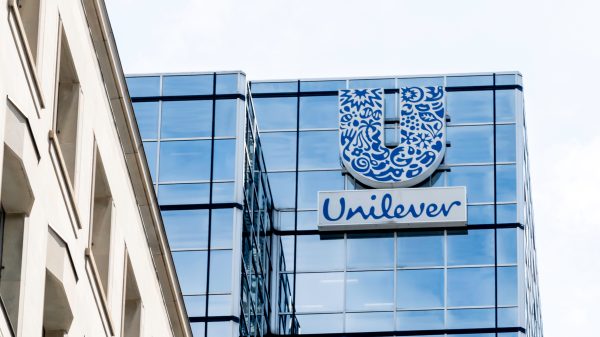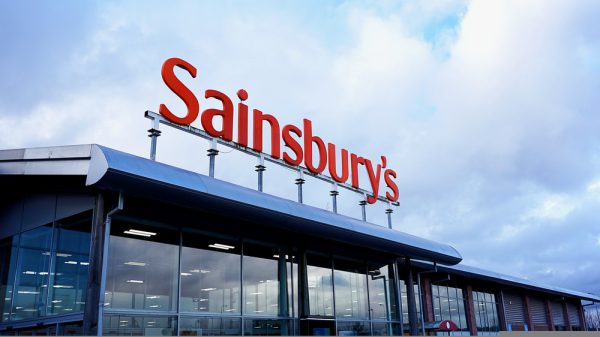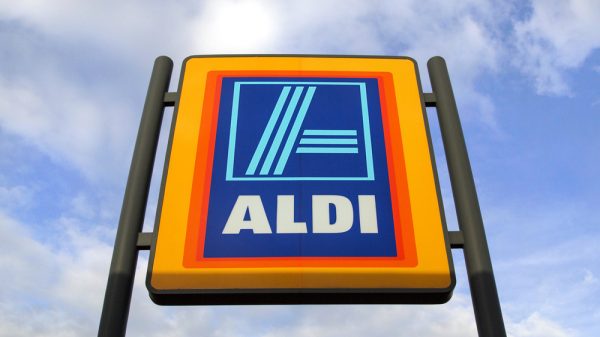Supermarkets often have a litany of problems in the build-up to Christmas, but this year there’s been a common theme. In the past few weeks, workers at Tesco, Sainsbury’s and Morrisons have threatened to walk out – just when they’re needed the most.
It’s a bit like an unlucky pitcher at the World Series: no strikes yet, but plenty of near misses.
(Asda, the other Big 4 grocer, has got off lightly. Although the GMB is balloting for a potential strike, there’s no prospect of this starting before the new year.)
READ MORE: Asda’s supply chain threatens strike over disgraceful pay rise
So why now? Well, supermarkets are vulnerable. They desperately need lorry drivers – the country has a chronic shortage – to meet festive demand. If there’s a possibility that the “golden quarter” could lose its lustre, they’re more likely to head to the negotiating table.
Some say Christmas is being held hostage, but there’s another side to this. How can it be right, unions argue, to lock staff into the same salary when inflation is pushing up prices? How can retailers bump up prices on products without any of it going to the people who put them there?
Most of these union tussles are at an end, but grocers aren’t out of the woods yet. The Grocery Gazette has rounded up the latest news to show what it could mean for Christmas shopping.
READ MORE: 1,500 shops face Christmas chaos with Tesco Booker strike
Morrisons
After a four-month tug-of-war between private equity giants, Morrisons bosses may have been hoping for a period of calm before Christmas.
This wasn’t to be. Just weeks after the £7 billion takeover by Clayton, Dubiier & Rice had been rubber-stamped by shareholders, the supermarket faced the prospect of 1,500 striking employees crippling its supply chain.
Around 1,100 of them were warehouse workers, who were initially offered a 2% to 3% pay boost – which, depending on who you talk to, was seen as “pitiful” or “meagre”. The remaining 450 were hauliers, outsourced to logistics firm Wincanton.
In the end, the depot group were handed a 5% wage increase, while the drivers received an 18% to 24.4% increase. Unite regional officer Mark Jessop said that he hoped the deal would “act as a line in the sand”. Given the timing, snow might have been more appropriate.
READ MORE: Kellogg’s to sack 1,400 workers after two-month strike
Tesco
Britain’s biggest retailer has taken a harder line on pay disputes than its Big 4 rivals. Maybe it will be forced into an undignified U-turn in the coming weeks, but so far there’s been remarkably little leeway.
When Unite and Usdaw announced strikes, which would see 6,200 workers walking out from 16 December, Tesco offered a 4% wage boost. When this was rejected by both unions, it nudged this up to 5.5% (increasing to 6% in February). Usdaw walked away; Unite issued a tepid endorsement of the deal.
Talks with Usdaw will resume next week, and could yet see industrial action across nine sites – including the 1,000,000 sq. ft Livingston depot.
As if that wasn’t enough, more trouble is brewing. The supermarket could face legal action after distribution director Andrew Woolfenden threatened to sack anyone who stayed off work for more than 12 weeks.
Tesco declared in its much-maligned advert that “this Christmas, nothing’s stopping us”. As the doors on its Advent Calendar edge towards 16 December, it might be feeling less confident.
READ MORE: Weetabix workers begin strike over fire & rehire proposals
Sainsbury’s
Let’s think of a different advert. Sainsbury’s 60-second tour of a family Christmas dinner, which flew under the radar of most people, declared this would be a “Christmas to savour”. Judging from the dramatic response of its subcontractor DHL, it had a “Christmas to save” as well.
The logistics company initially offered a 1% pay rise in August after discontent at its Dartford warehouse, which supplies London and the South East. In mid-October, this transformed into giving the 200 drivers a 6.2% pay rise, or £2,200 extra a year.
This wasn’t lost on hauliers in the South West. By late November, DHL’s 3% olive branch had become a 14% white flag – more than three times the inflation rate.
And costs look set to keep on soaring, as Unite regional officer Shevaun Hunt pledged the new deal would be “built on in future wage negotiations”.
Clearly, at Sainsbury’s depots, the hauliers are the ones in the driving seats.
Click here to sign up to Grocery Gazette’s free daily email newsletter



